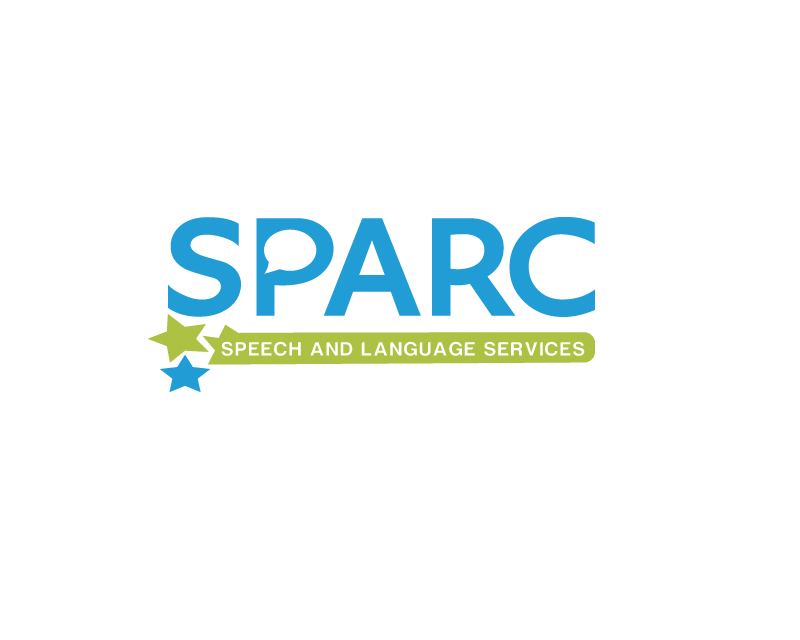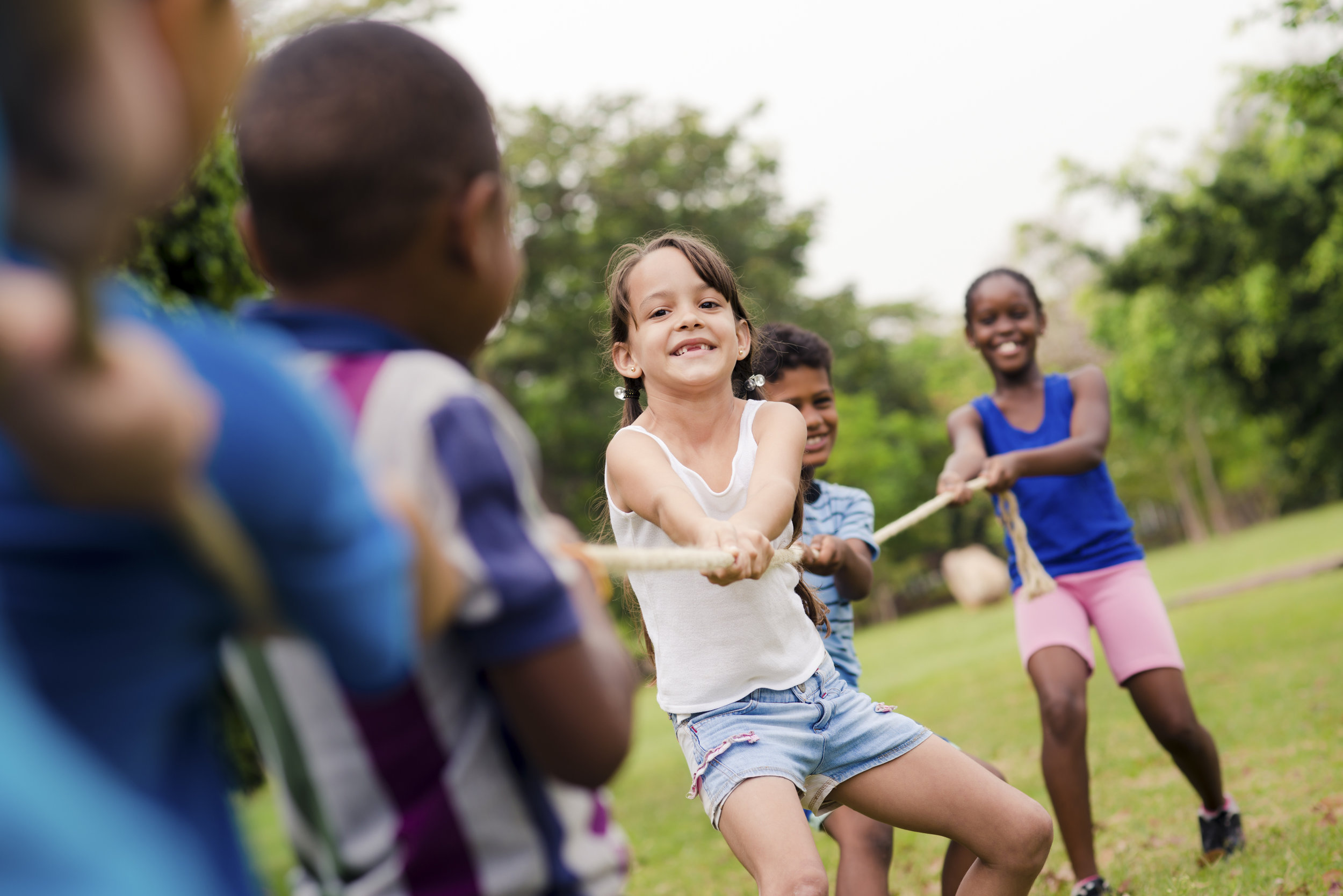WE HELP CHILDREN SHOW THE WORLD WHO THEY REALLY ARE.
Speech, Pragmatics, Articulation, & Receptive-Expressive Communication skills
SPARC Therapy provides speech and language services that help toddlers, children, teens, and young adults continue the development of their social communication skills, comprehension skills, expressive language skills, and their clarity/articulation skills.
SPARC offers several types of therapy sessions:
Your child needs the attention they deserve. Intensive one on one individual therapy is offered to directly focus on specific deficits and struggles. Therapy is individualized based on each child's needs.
Children with a strong base of skills in a one to one setting will benefit from practicing their skills with peers. Group therapy may be recommended, giving the child a way to practice learned skills, in a structured environment.
SPARC will go beyond in-clinic therapy. Children need real world experiences to use the skills learned in individual and group sessions. Field trips, social groups, activities outside of the clinic help round out their social abilities, while putting skills into action.
INDIVIDUAL THERAPY
Every child has unique needs. Following intensive assessment, SPARC builds a therapy regimen tailored to your child.
Does your child need help with articulation? Does she struggle with understanding? Is following directions a challenge? We help kids learn to express themselves in a well organized manner. SPARC specializes in providing therapy to kids with Autism Spectrum Disorder, from mild to severe. In addition, SPARC speech pathologists have extensive experience treating those who struggle with receptive language (comprehension), expressive language (verbal and non-verbal), use of AAC (Alternative and Augmentative Communication), stuttering, tongue thrust, phonological processing, articulation/clarity, apraxia of speech, language processing, pragmatic language (social skills), and executive functioning deficits.
An evaluation will be arranged where you and your child will meet with the speech pathologist, discuss concerns and struggles, complete standardized testing and informal assessment, then follow up to discuss results and recommendations.
GROUP THERAPY
We work with groups of three or more kids with similar or complementary goals, building on the skills they've developed through individual therapy.
The children develop a strong speech-language base during individual therapy sessions. However, if they are meeting their goals in a one on one setting, but continue to struggle with transitioning their learned skills in everyday situations, we have not completed our job! In group therapy, the therapists at SPARC work with the children to extend themselves and put their skills into use in a more dynamic, less controlled environment. At SPARC, we feel this is where conventional therapy falls short, and we make it our mission to take them ALL OF THE WAY through the process.
GOING SOCIAL:
PRAGMATIC LANGUAGE SKILLS
One of the most rewarding steps in the SPARC therapy process is taking the skills acquired in individual and group therapy, and applying them in real world situations.
Life doesn't happen in a clinician's office. It's not sterile and simple. It's messy, unpredictable, joyful. We try to teach the child how to experience the world as it exists. This involves exposing them to real world situations and practicing how to handle them: standing in a grocery aisle, dealing with undesired food on the plate, eating at a restaurant, inviting a peer/friend over, attending a party, shopping, planning what to do next. These are moments that make life a fuller experience. These moments aid in learning independence and we will do our best to teach your child how to handle and thrive in multiple settings.













